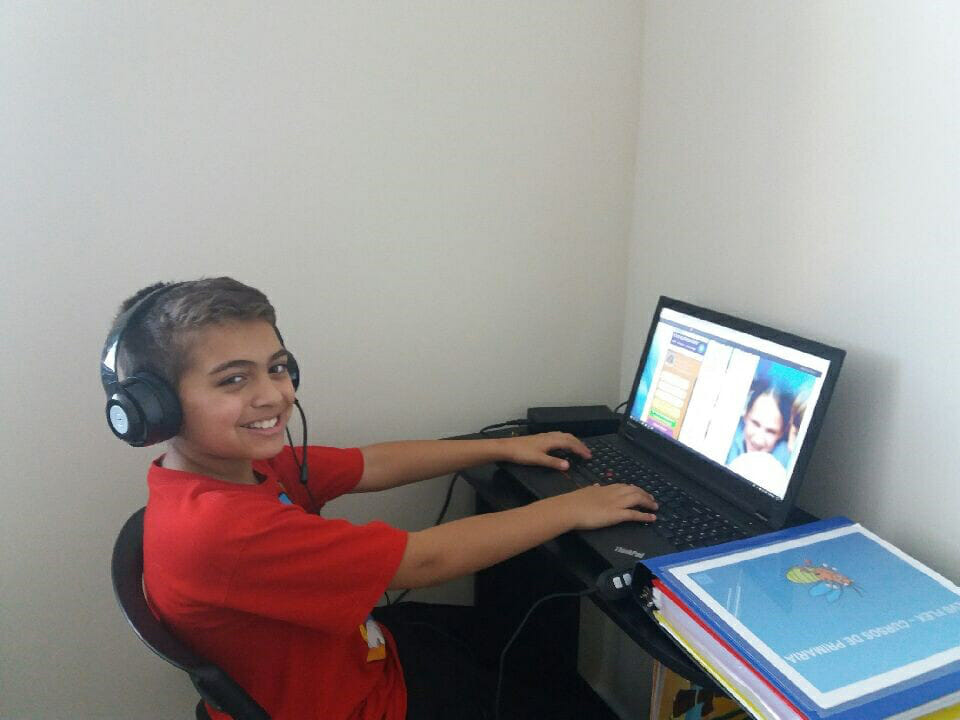
Articles
Interviews
Florida Virtual School: Why Scalable Schooling Matters
By Cait Etherington
February 16, 2018
Florida Virtual School (FLVS) is one of the nation’s longest running virtual schools. In Fall 2017, eLearning Inside News reported on how the school was scaling up to welcome students displaced by the devastating hurricane season. This week, we talked to Dr. Polly Haldeman, FLVS’s Chief Customer Officer, to learn more about the organization and what they learned about scalable schooling as they welcomed students from the United States, Puerto Rico and the Virgin Islands last fall.
Two Decades of Florida Virtual Schools
“In 2016 to 2017, we served over 206,000 students.”
Cait Ethertington: First, can you talk about the history of Florida Virtual School (FLVS)?
Dr. Polly Haldeman: We’re in our 20th year. We started in 1997 under a grant. The idea was to serve students who were looking for an option to do course work outside the traditional format. We now serve kindergarten to 12th grade students in Florida and have a global school that serves students outside Florida.
CE: How many students are currently enrolled at FLVS?
PH: We have an open enrolment program, but in 2016 to 2017, we served over 206,000 students, and we had over 470,000 semester completions. The majority of our students are taking a single course. In Florida, there’s an online graduation requirement, which we have had in place since 2011, so this accounts for some but not all of our enrolments.
CE: Are FLVS’s course offerings delivered in a synchronous or asynchronous model?
PH: The courses are all asynchronous but our teachers are available to offer webinars and live lessons as needed. All of our teachers are certified Florida teachers and nearly all of them are full-time, so they are available whenever our students need to reach them.
Scaling Up to Support Students in Puerto Rico and Beyond
“We learned a lot about our ability to respond, even internally…We also realized that there needs to be a contact on the ground.”
CE: One of the reasons I was eager to talk to you is because we published a few articles in the fall about how online learning was being used to help students stay on track during and after the hurricane season. I know that FLVS scaled up quickly to accommodate students, especially those from Puerto Rico. How many students did you enrol as a result?
PH: Today, we still have 395 students who enrolled as a result of the hurricane. That includes 134 from Florida, 249 in Puerto Rico, 8 from the Virgin Island, and 4 who were impacted by the hurricane but living elsewhere.
CE: What type of impact have you had on these students and their families?
PH: We recently received an email from one mother in Puerto Rico about how our program has helped her son over the past few months. This is what she wrote to us: “As a mother, I was worried my son would not be able to focus on his online courses due to his ADHD condition; however, it has been the total opposite. His classmates have embraced him. It is truly incredible how Florida Virtual School has developed a modern method of learning and adjusted it to the needs of a new generation of students.” This is just one response among many but evidence of where and how we’ve been having an impact.
CE: Was this the first time that Florida Virtual School has responded to a natural disaster?
PH: We also responded after Katrina in 2005. I don’t know how many students were enrolled at that time. It was not an initiative that came from the state, so it wasn’t on such a large scale, but we did intervene.
CE: In the process of scaling up in response to this fall’s hurricane season, what did you learn about how to effectively scale education in response to a crisis?
PH: We actually do this on a regular basis, because we have franchises throughout the state of Florida and throughout the United States. This was different, however, because we were working with an unknown hub. We didn’t have a contact coordinating the effort. So, we learned a lot about our ability to respond, even internally. It was a different sort of crisis management. We needed to learn a lot about logistics, and remember, this fall, Puerto Rico didn’t even have power, so that was a huge challenge. We learned a lot about internal coordination. We also realized that there needs to be a contact on the ground.
Preparing for the Future
“We would love to dream with others but how to scale education in other districts and regions of the world.”
CE: So, in the future, after a hurricane or another type of natural disaster, how would you be able to more effectively respond?
PH: We just talked about that question recently. We are well suited to respond, and we know we can ramp up our system. We know how to mirror our system in other locations, but every situation is unique. For example, a lot of the students enrolled this past fall didn’t speak English as a primary language, so we had to coordinate with translation services and then find a way to place them in the right courses at the right level. I’m very proud of how we responded to the situation, despite all those variables.
CE: Could you see FLVS doing this work globally and perhaps serving other in-need demographics?
PH: We already have Florida Virtual School Global, so we certainly have the capacity to this. It would be important to be able to partner with an on-the-ground connection. It would really be about finding the right partner with the right cultural connections, but it is exciting to think that we could make a difference in that way. We would love to dream with others but how to scale education in other districts and regions of the world.
You can learn more about Florida Virtual School here.


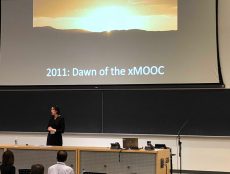
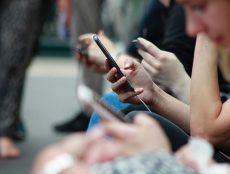


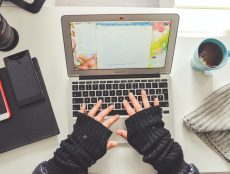
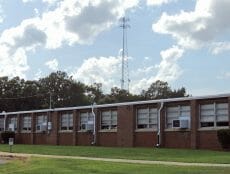

No Comments